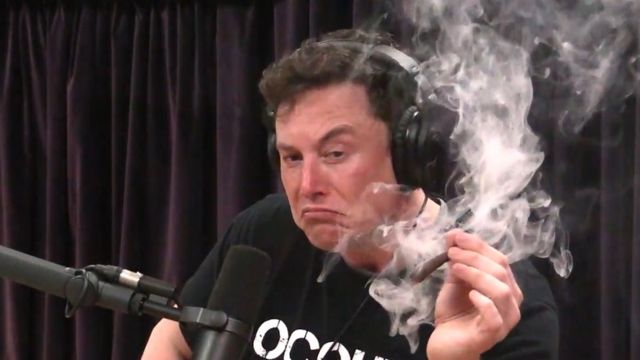Ethics: Elon Musk's Freedom of Speech
This week again I will deviate from the assignment and instead talk about an ethical question that has been bugging me for the last couple of weeks. It has to with Elon Musk's recent acquisition of Twitter and his comments about its future. I want to start off with saying that I don't hate Elon Musk, he is not the worst person to have this much power. Some of the things he does are really beneficial to us, others - not as much.
Musk calls himself a "free speech absolutist" and it is this idea that rubs me the wrong way. The consensus among his supporters is that he will stop banning people who do not agree with the "leftist, woke agenda". On the face of it, it does seem shady when people are banned for just expressing their opinions. Freedom of speech is necessary for progress after all, and for a free and fair society. Censorship has been used in the past to keep suppress dissenting voices and to keep autocrats in power.
Here's the deal though - absolute freedom is not a good thing. If we give everyone absolute freedom to do anything they wish, someone will use that freedom to deprive others of their freedom. In other words, it is Karl Popper's "paradox of tolerance": "Unlimited tolerance must lead to the disappearance of tolerance". This carries over to the question about freedom of speech - if we leave major platforms unmoderated and trolls unbanned, we will let hate groups hijack public discourse, which in turn will lead to an exodus of minority groups and a fall of diversity of opinion.
The same logic applies to the ban of Russian pro-war media. The incitement to violence and fascist propaganda should not be tolerated in a free society if it hopes to enjoy its freedoms in perpetuity. Thus this ban is justified and necessary.
I believe "free speech absolutism" is a dangerous idea and we should use our speech to argue against it before it takes hold, and we have to use force to claw back our freedom.

Comments
Post a Comment